What pre-bed snack aids sleep?
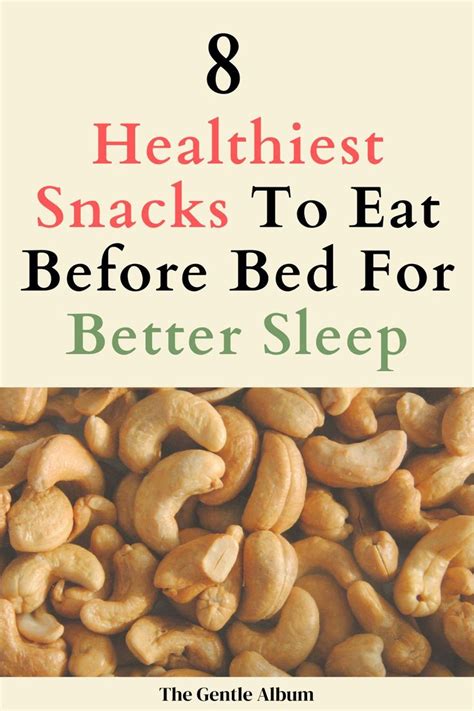
Many of us have experienced the late-night hunger pangs that can disrupt a peaceful transition to sleep. While a heavy meal before bed is generally advised against, certain light, nutrient-dense snacks can actually aid in promoting relaxation and preparing the body for rest. The key lies in choosing foods that contain specific compounds known for their sleep-inducing properties, while avoiding those that might keep you awake.
The Science Behind Sleep-Inducing Snacks
The foods we eat contain various nutrients that interact with our body’s natural sleep-wake cycle, or circadian rhythm. For a pre-bed snack to be effective, it should ideally provide ingredients that support the production of sleep-regulating hormones like melatonin and serotonin, or compounds that promote relaxation, such as magnesium.
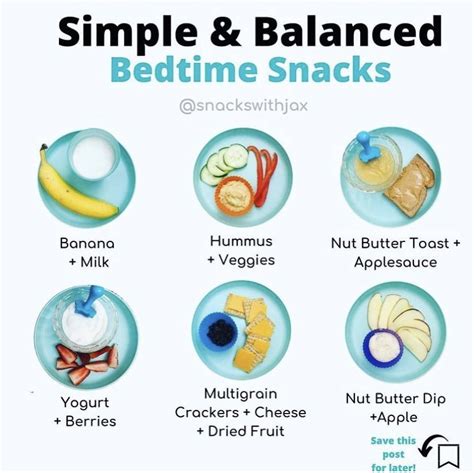
Key Nutrients to Look For
- Tryptophan: An essential amino acid that the body converts into serotonin, a neurotransmitter that promotes relaxation, and then into melatonin, the hormone that regulates sleep.
- Melatonin: Naturally found in some foods, supplementing the body’s own production.
- Magnesium: Known for its muscle-relaxing properties and ability to calm the nervous system, potentially easing insomnia.
- Potassium: Can help regulate sleep patterns and prevent night cramps.
- Complex Carbohydrates: Help to stabilize blood sugar levels, preventing nocturnal awakenings due to hunger, and may aid tryptophan’s entry into the brain.
Top Pre-Bed Snack Choices for Better Sleep
1. Tart Cherries or Tart Cherry Juice
Tart cherries are one of the few natural food sources of melatonin, making them a potent sleep aid. Studies suggest that consuming tart cherry juice can significantly improve sleep quality and duration. A small handful of fresh or frozen tart cherries, or a small glass of unsweetened tart cherry juice, can be beneficial.
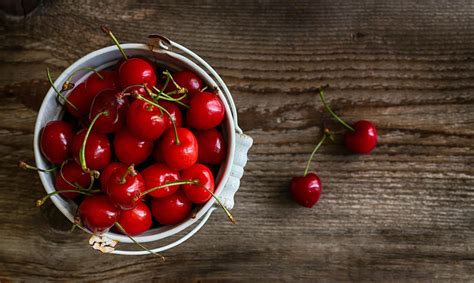
2. Almonds and Walnuts
These nuts are excellent sources of magnesium, a mineral vital for sleep. Magnesium helps to reduce cortisol, the “stress hormone,” and promotes muscle relaxation. Walnuts also contain a small amount of melatonin. A small handful (about an ounce) is sufficient.
3. Warm Milk
The classic bedtime drink, warm milk, contains tryptophan, which aids in melatonin production. The warmth itself can also have a soothing, psychological effect. For those sensitive to dairy, a fortified non-dairy alternative might offer similar benefits.
4. Kiwis
Several studies have linked kiwi consumption to improved sleep. Kiwis contain serotonin, which can promote relaxation, as well as antioxidants and other compounds that may contribute to better sleep.
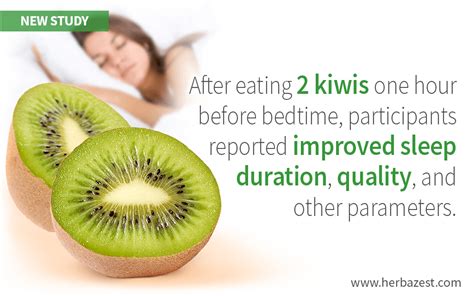
5. Bananas
Bananas are rich in potassium and magnesium, both of which are natural muscle relaxants. They also contain tryptophan, making them a fantastic, easily digestible pre-bed option.
6. Small Bowl of Oatmeal
Oatmeal provides complex carbohydrates that can help stabilize blood sugar and may encourage the release of serotonin. Oats also contain some natural melatonin. Opt for plain oats and avoid sugary toppings.
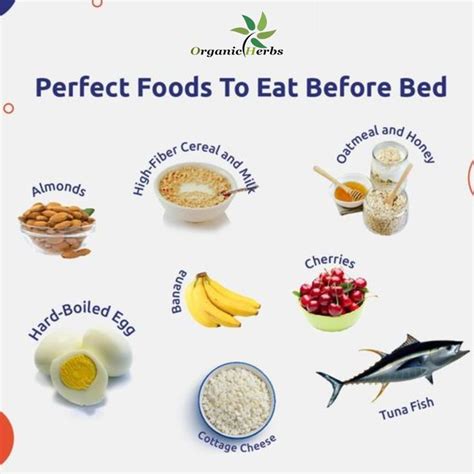
Timing and Portion Control Are Crucial
Even healthy snacks can backfire if consumed too close to bedtime or in large quantities. Aim for a small portion, about 1-2 hours before you plan to sleep. This allows your body enough time to digest without causing discomfort or energy spikes. Avoid anything heavy, sugary, fatty, or spicy, as these can disrupt digestion and keep you awake. Caffeine and alcohol are also definite no-gos in the evening.
Beyond the Snack
While a well-chosen pre-bed snack can certainly be a helpful tool, it’s part of a larger picture. Good sleep hygiene — including a consistent sleep schedule, a dark and quiet bedroom, and a relaxing bedtime routine — remains paramount for achieving restful sleep. If you consistently struggle with sleep, consult with a healthcare professional to rule out underlying conditions.










